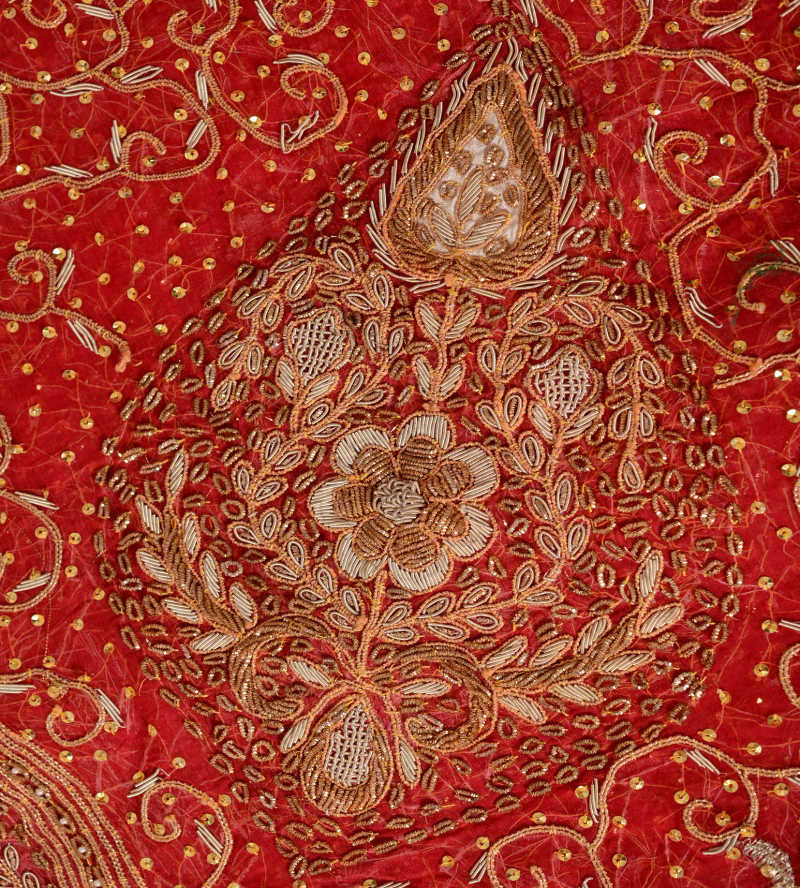===
0930,
4
===

=== |
 |
taraddud : 'Wavering, vacillation, fluctuation (of opinion), hesitation, indecision, irresolution, suspension of judgment; perplexity, anxious consideration, anxiety, trouble (of mind); refusal, rejection; debating; application, labour, exertion, endeavour, contrivance; cultivation, improvement'. (Platts p.317)
nasab : 'Genealogy; lineage, race, stock, family, caste'. (Platts p.1137)
FWP:
SETS == HUMOR
MOTIFS
NAMES == ADAM; PREACHER; SHAIKH
TERMS == UNDERSTATEMENTSRF's comment about understated, faux-naïf sarcasm reminds me of an old joke I've heard used about more than one politician: 'Have you heard the sad news? X's library burned down and both books were destroyed, including the one he hadn't finished coloring'. Here, an apparent vindication (the Preacher is indeed descended from Adam) is presented in such a context of difficulty (it took years, it required so much anxiety, perplexity, effort) that the 'vindication' emerges in a fog of uncertainty that's really very funny.
SRF unhesitatingly identifies the Preacher with the Shaikh. For clarity, and for faithfulness to the Urdu, I treat these two figures as separate characters in the ghazal world. They clearly have a lot in common. But Mir insults and abuses the Shaikh in far more verses than he does the Preacher. This could mean something particular, or it could just mean that a metrically 'long-short' word like shaiḳh is sometimes more convenient to fit into a line than a 'long-long' one like vāʿiẓ .
Mir has a much higher proportion of explicitly Islamic religious verses than Ghalib does. He also spends a great deal more time abusing Islamic religious figures-- mostly the Shaikh, but here of course the Preacher. Is there a connection between religious and anti-religious verses? Why is the abuse so egregiously, so extravagantly vicious? I'm not sure, but it's very striking.
Note for grammar fans: Both lines have verbs in the present perfect tense, which is unusual. The past perfect would be far more common here. Is the tense meant to convey anything special? If so, I don't know what.